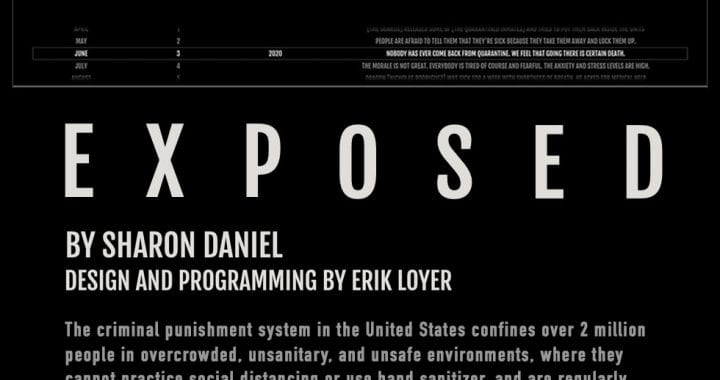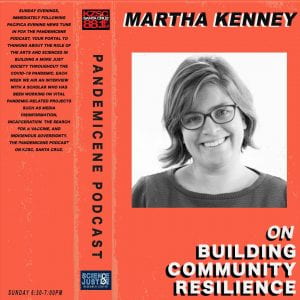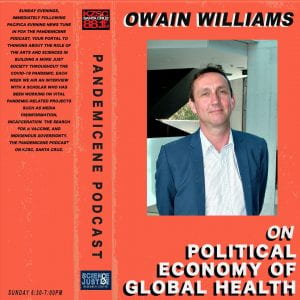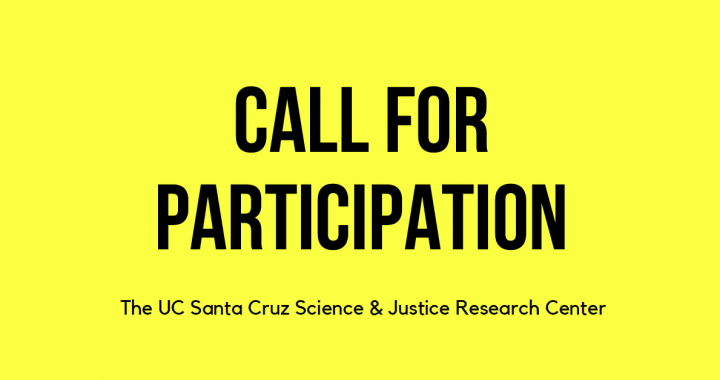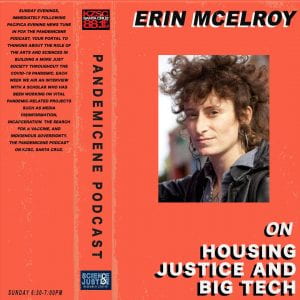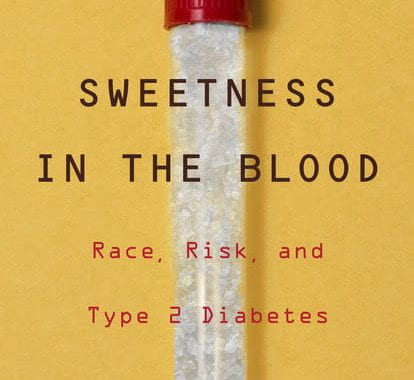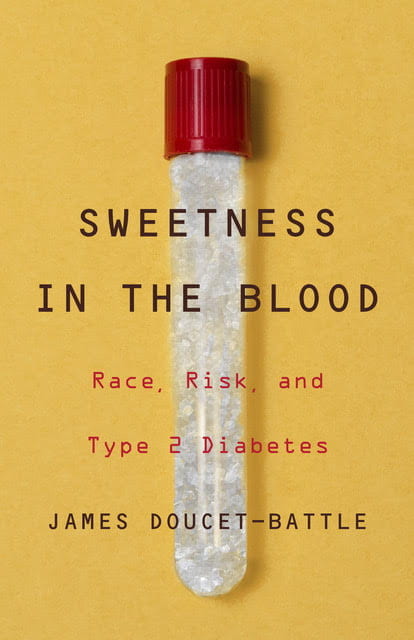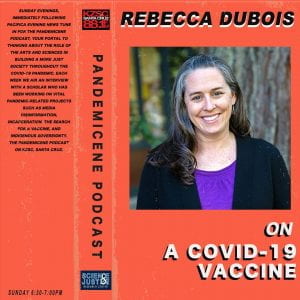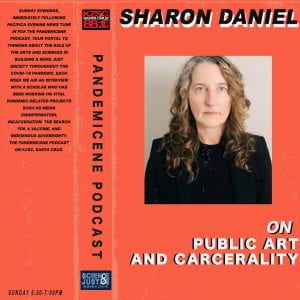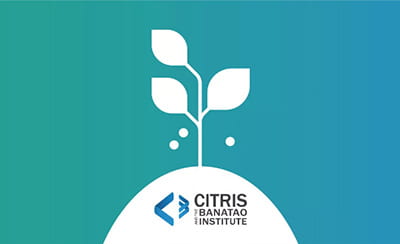The Science & Justice Research Center (SJRC) invites up to 10 undergraduate students to join a cohort of researchers for both Winter and Spring 2021 terms. The Individual Study can range from 2-5 units and are part of a group. Independently, students can also work on senior thesis projects in areas related to Center themes (ie: forensic genomics, queer ecology, CRISPR, data privacy and biosurveillance, health care disparities and incarceration, the future of public goods, artificial intelligence and ethics, reproducibility and diversity in research).
SJRC student researchers help inform collaborative research, contribute to co-authored developing blogs, podcasts, and websites, opinion pieces, papers and proposals as well as help design Center programming. Students may track, collect, and organize articles from prominent theorists of race, inequality, and science and technology studies to continue our study of the social, political, and economic dimensions of the COVID-19 pandemic. More specifically, Winter and Spring opportunities include: working with a current cohort of students, staff and faculty affiliates to continue work in progress, conduct interviews and prepare transcriptions, edit interviews, create outreach materials sharing findings of research activities with the broader public (ie: writing blogposts, articles or reports, creating infographics, podcast episodes, animations, illustrations, interactive documentary websites, etc.). Students may also act as Critical Listeners (report on) select virtual related events (ie: Feb 2 IAS w/ SJRC colleague Ruha Benjamin).
Those interested in broadcast journalism, social documentation, digital and online student and public engagement are especially encouraged to apply.
Available Winter and Spring 2021
The COVID-19 Pandemicene Project: Re-Worlding Toward Justice – expand zine, blog and podcast to interview policy makers, practitioners, mutual-aid and community organizers. Current student leads are looking to add those interested in conducting interviews and those interested in getting the interview to the public via blogs, podcast episodes and additional mediums (ie: animations, soundscapes, illustrations, etc.) and promotion methods (ie: social media, charts, graphics, photographs, maps, other new or historical oral and written materials). Learn more: The Pandemicene Project.
Incarcerated Care – In addition to joining a cohort of SJRC researchers in the Pandemicene Project, up to 2 students will work directly with Film and Digital Media Professor Sharon Daniel’s team to expand an interactive documentary website on COVID-19 in prisons and jails. Learn more: Public Art and Carcerality, Unjustly Exposed.
Orphan Drugs – In addition to joining a cohort of SJRC researchers in the Pandemicene Project, up to 2 students will work with an independent researcher and faculty (James Doucet-Battle, Jenny Reardon, Jeremy Sanford, Matt Sparke, Michael Stone) on items related to pharmaceutical licensing agreements, bringing drugs to the market, ethical and equity issues related to orphan-disease drug discovery and dissemination. Learn more: student blog.
Laboratory Life and Social Death: The Problem of Diversity in Science and Society – In addition to joining a cohort of SJRC researchers in the Pandemicene Project, up to 2 students will work directly with Sociology Assistant Professor James Doucet-Battle on linkages between the social sciences, African Diaspora Studies, history, politics, and genomic science curriculum and training to conceptualize and develop an engaging and interactive online summer program in partnership with the Historically Black Colleges and Universities. Students may assist with research on and collecting materials related to the rigor, reproducibility and diversity of biomolecular data; identify other all-campus resources serving ABC students (ie: partner with AARC, HSI initiative, ODEI) and known challenges specific to summer sessions (refer to current BSU demands). Learn more: Bioethical Matriarchy (Doucet-Battle 2016), UC/HBCU initiative.
To Apply:
By Monday, December 7, students should email (scijust@ucsc.edu) with their resume/CV and expressing interest. We’re excited to learn about you, teach you what we’ve learned from each other, and incorporate your ideas! Please let us know the following:
- your name, major(s), any faculty advisors.
- any experiences with related items, why you are interested in being involved and how your curriculum, research, or career goals would benefit from the internship.
- propose any ideas or intended outcomes you would be interested in completing over Winter and Spring 2021, include your preferred methods and mediums.

